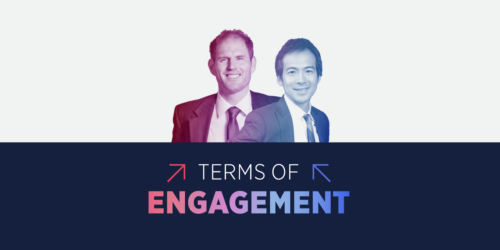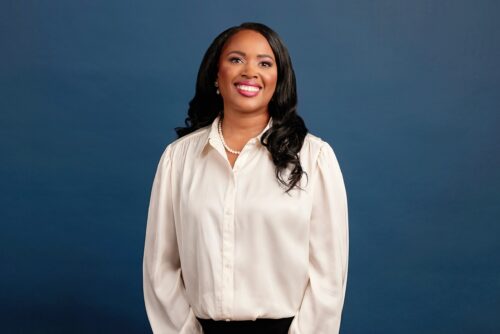As the United States marked the inauguration of its 47th President, Donald J. Trump, on January 20, 2025, the nation stands at a seminal crossroads. In this Q+A, the Ash Center sat down with Director and Winthrop Laflin McCormack Professor of Citizenship and Self-Government Archon Fung to discuss the significance of this occasion and what to expect during this pivotal moment in U.S. history.
Ash: In what ways does this Inauguration Day symbolize the resilience or fragility of American democracy?
Especially in these divided times, Inauguration Day is an especially important marker of one of the most valuable qualities of electoral democracy: the peaceful transfer of power from one leader and party to another. After the protests and violence of January 6th, 2020; the refusal of many Congressmen to certify those election results, and widespread denial of the 2020 election results, we know now that peaceful and orderly succession is not something Americans can take for granted.
Are there historical moments in American democracy that feel analogous to this day, and if so, what lessons should we draw from them?
This was a very close election in a very divided country. I hope that President Trump and other leaders strive to bring us together on a basis of inclusion and respect. This inauguration reminds me of President Lincoln’s first inaugural address, given on the eve of the Civil War, in which he pleaded for solidarity and understanding. He said:
“Though passion may have strained it must not break our bonds of affection. The mystic chords of memory, stretching from every battlefield and patriot grave to every living heart and hearthstone all over this broad land, will yet swell the chorus of the Union, when again touched, as surely they will be, by the better angels of our nature.”
In what ways does the coincidence of this inauguration with MLK Day resonate symbolically or practically, particularly concerning civil rights and social justice?
The project of creating an inclusive and responsive democracy in which every citizen has equal voice and respect is nowhere in the world complete, and certainly not in the United States. Dr. King and his supporters fought for political, and then economic, inclusion of African Americans in the civil rights movement. Many who voted for President Trump were voting against a party and a government that they perceived to be unresponsive, uncaring, and dishonest.
How should scholars and educators approach this political moment in their teaching or research?
I think that scholars and educators should approach this moment with curiosity and humility. I’m impressed by how often policy experts and scholars in recent years have spoken with great confidence and yet have been badly mistaken in hindsight: about foreign policy, the COVID pandemic, and American democracy. Many of us would be better, more intellectually honest, and trustworthy teachers, scholars, and public servants if we dampened down our hubris.
What advice would you offer to students or public servants about navigating their roles in this political era?
I think the two approaches I would urge are first to listen, and then second, as Bryan Stevenson urges, to get close – what he has called “proximity” to the people and problems that you’re concerned with. Democracy works when the bridges are strong, and the distances short, between people on one hand, and experts and public leaders on the other. Public trust in experts and political leaders, and their institutions, is low and maybe listening and proximity can rebuild the bridges and increase the trust.



